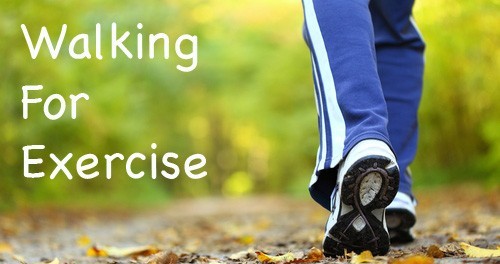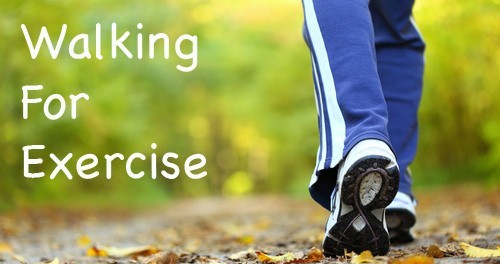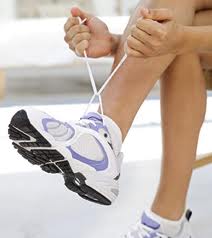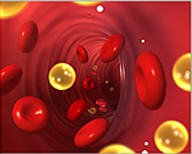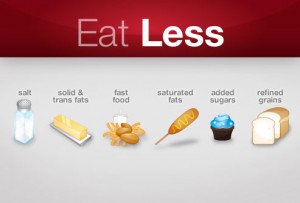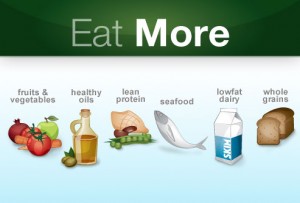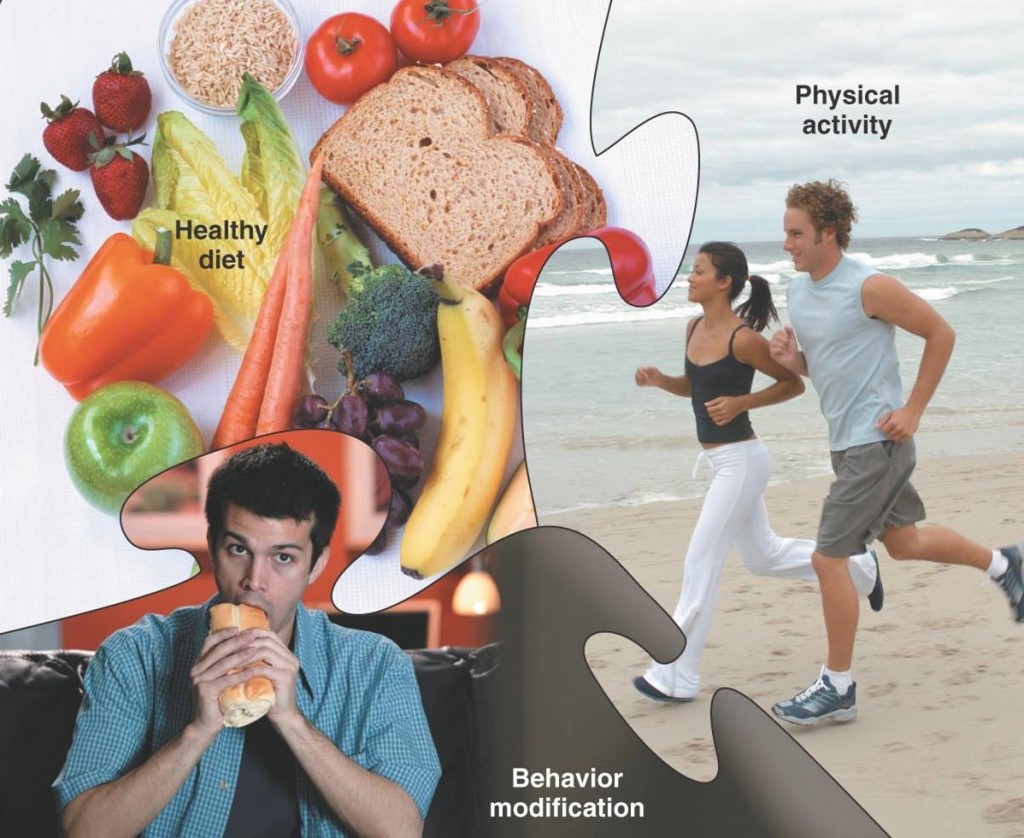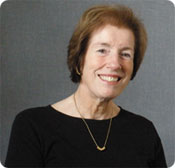Walk Talk Series
Walk Talk Series Day 41 – Cholesterol, and the Path to Change
Make a new path
As a single footstep will not make a path on the earth, so a single thought will not make a pathway in your mind. To make a deep physical path, we walk again and again. To make a deep mental path, we must think over and over the kinds of thoughts we wish to dominate our lives.
Henry David Thoreau
The challenge of change
One of the greatest challenges to creating change in life is incorporating new thinking into your day. Not only is changing the way we think a daunting task for us humans, it is also a critical piece of the change puzzle. In short, change is impossible… unless accompanied by new thinking. What a powerful and accurate statement regarding change!
Change is the result of consciously repeating a thought long enough until it becomes a natural part of your everyday thinking. This is an important lesson for those of you seeking change in your life. If change is what you desire, then mindfully repeating thoughts that support that change is critical. In modern day language, we might call these thoughts positive affirmations. So today I ask you to consider these important words of Mr. Thoreau and pick just one thought regarding change in your life that you would like to incorporate into your everyday thinking. This is very important for creating change. As philosopher Earl Nightingale states, “You become what you think about!”
- 35-70 minute walk Health/Recovery
- Walk in the healthy heart zone 50-60% of your maximum heart rate
- Warm up with 5 minutes at a very easy pace
- Find a safe spot with a wall or pole to do a 5 minute easy stretching routine
- Now resume your walk at a comfortable pace
- End with 5 minutes of gentle stretching
Exercise: Upper Body exercise
Cholesterol Facts
Cholesterol – It is best to have blood cholesterol under 200 mg/dL. The American Heart Association recommends no more than 8-10% of the day’s total calories from saturated fat, 30% or less of total calories from fat, less than 300 milligrams of dietary cholesterol a day, and just enough calories to achieve and maintain a healthy weight.
- A: Cholesterol is a fatty molecule that manufactured by the liver and released into the bloodstream. It is needed to give strength to the membranes of cells that make up every component of your body and to serve as a template for steroid hormones like estrogen and testosterone.
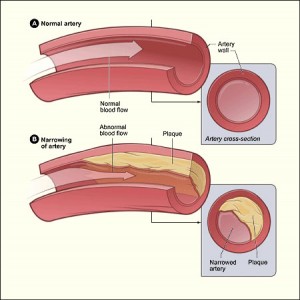 Q: Should I be concerned about my cholesterol levels?
Q: Should I be concerned about my cholesterol levels?
- A: Yes, you should be definitely concerned by cholesterol levels. As you eat a diet that is high in cholesterol and fat, more cholesterol and other lipids circulate in the bloodstream. These molecules have nowhere to go, so they begin to accumulate and deposit themselves on the walls of arteries and veins. This is the beginning of the onset of heart disease.
Q: What age should one begin to worry about high cholesterol?
- A: Technically, it is never too early to begin eating healthy. Good healthy eating habits should be introduced as early as possible in childhood, in order to reinforce good eating habits that last well into adulthood. With obesity on the rise in the United States, a small percentage of children are seen that have very high cholesterol levels. Many physicians recommend that you should have your cholesterol levels tested as young as 20 years of age.
Q: Are high cholesterol levels hereditary?
- A: Yes, hyperlipidemia, or high cholesterol, can be hereditary. Scientists have linked this to a genetic defect in a molecule apoprotein. An apoprotein is a molecule that is bound to all lipoproteins that docks the cholesterol onto the protein carrier. If you have a parent or sibling with abnormally high cholesterol levels, you may run a higher risk of having high cholesterol, too.
Q: What can I do about high cholesterol?
- A: Regardless to whether or not you have been diagnosed with high cholesterol, it is never too early to be healthy. Modifications to your lifestyle will be the first approach to your health care practitioner will take. This includes a healthy diet, incorporating exercise, and other changes such as smoking cessation. Ask your physician about a plan that is right for you.

